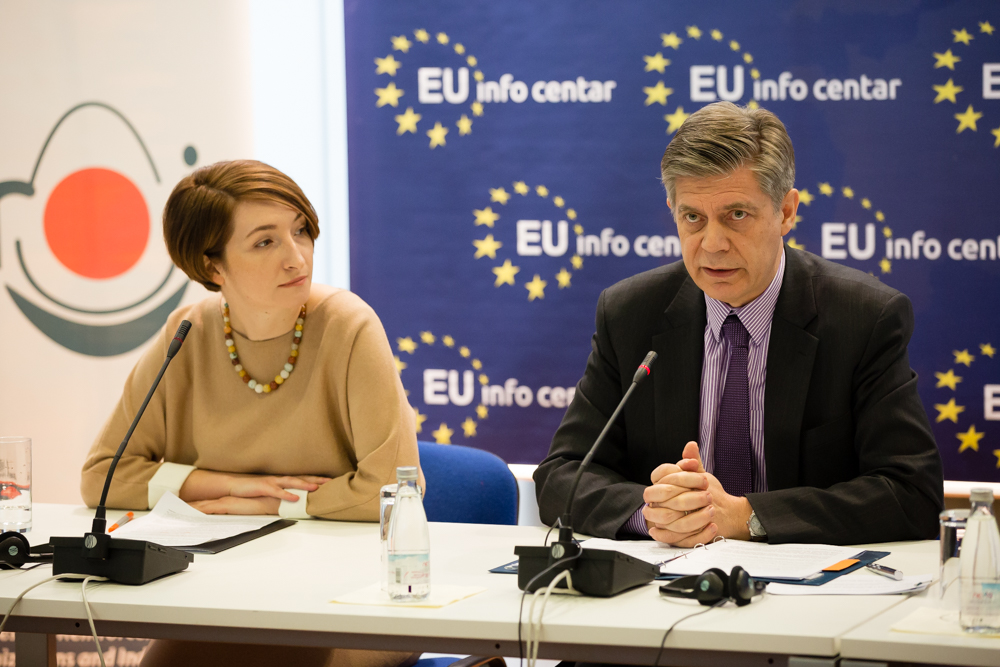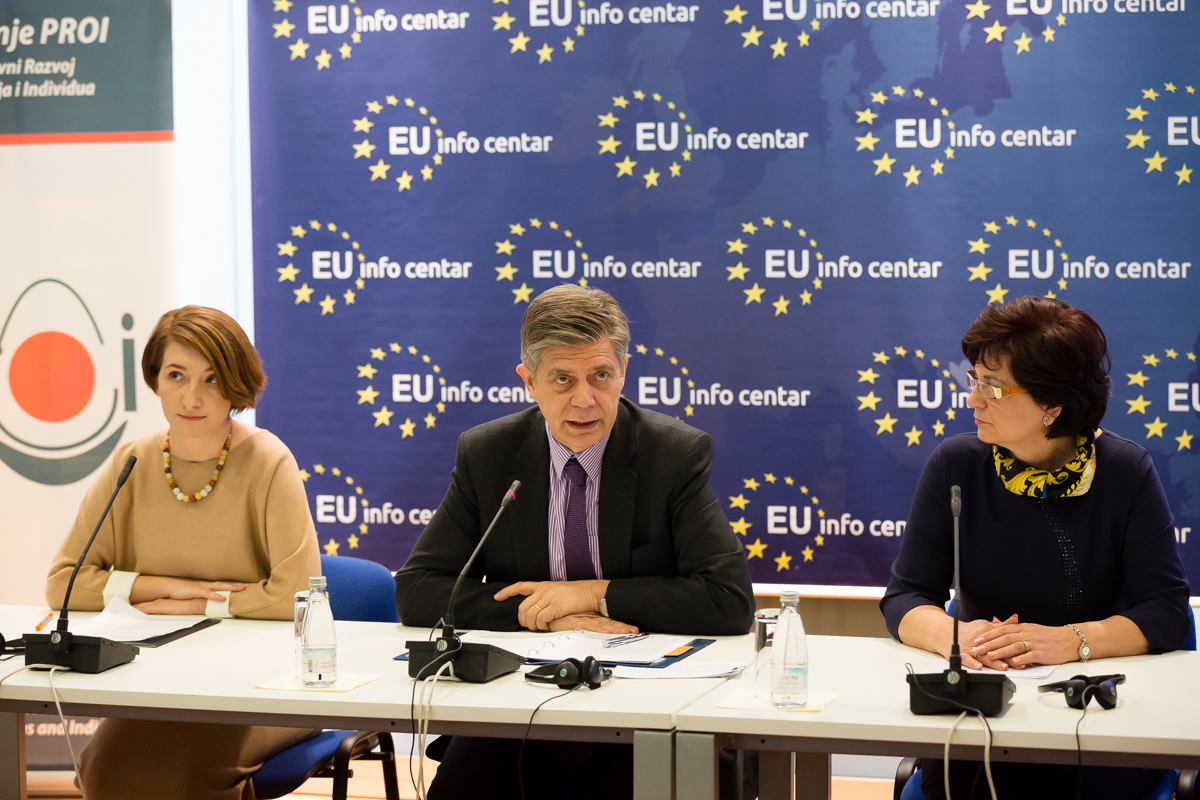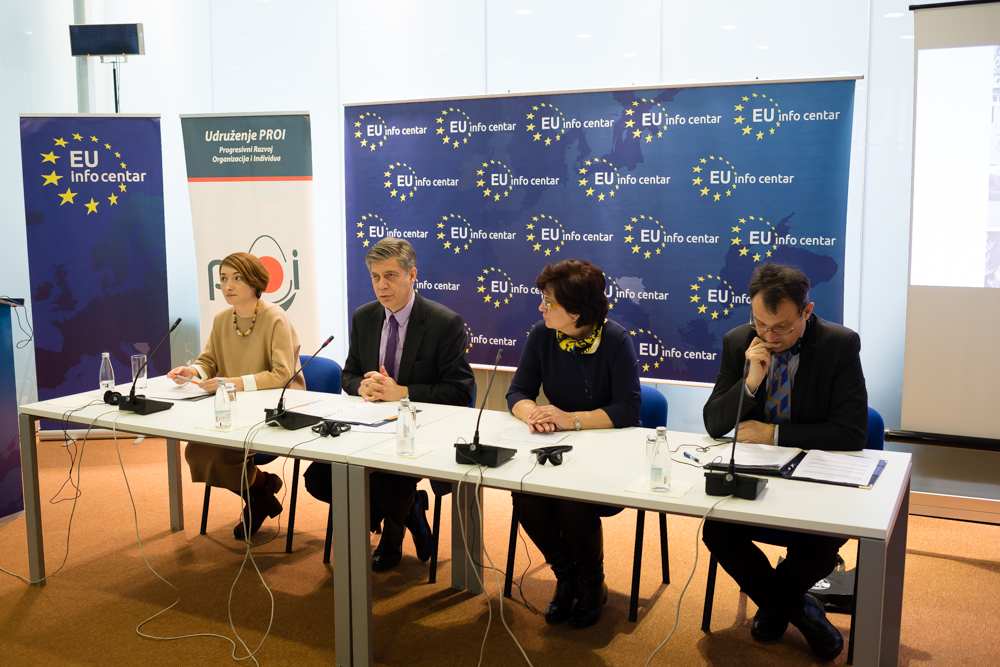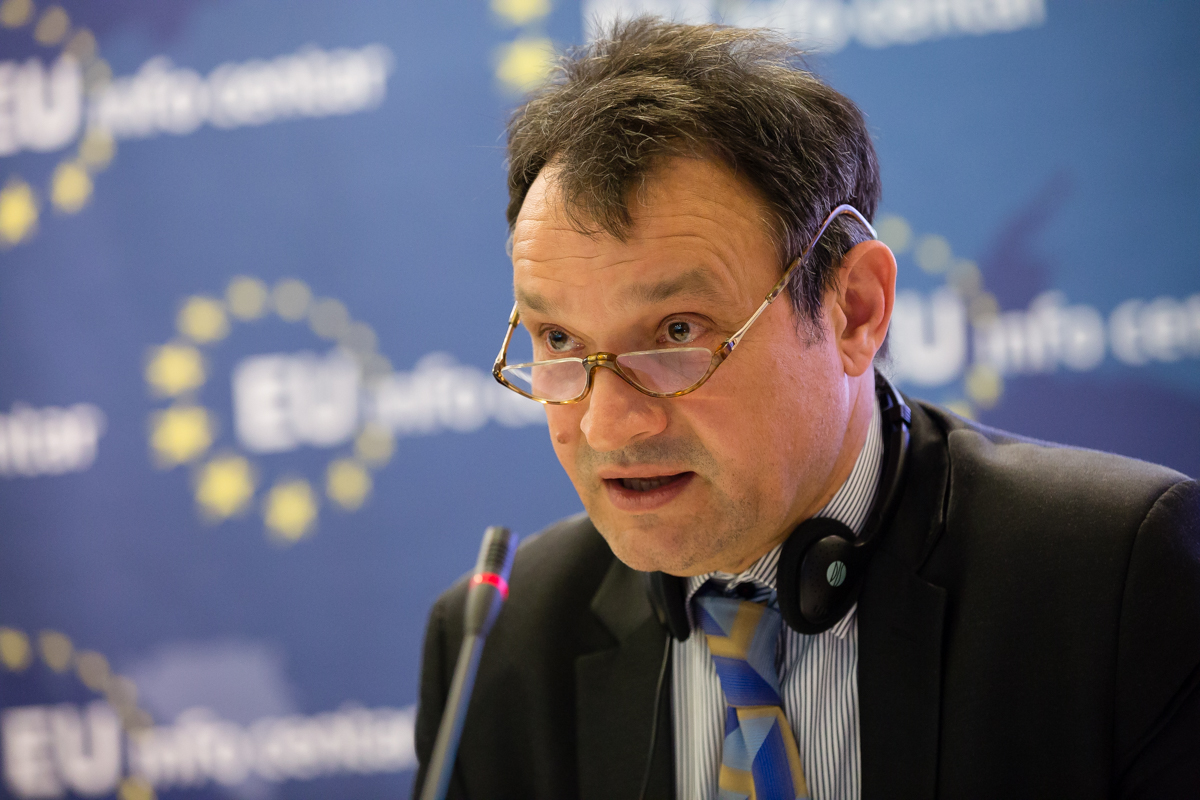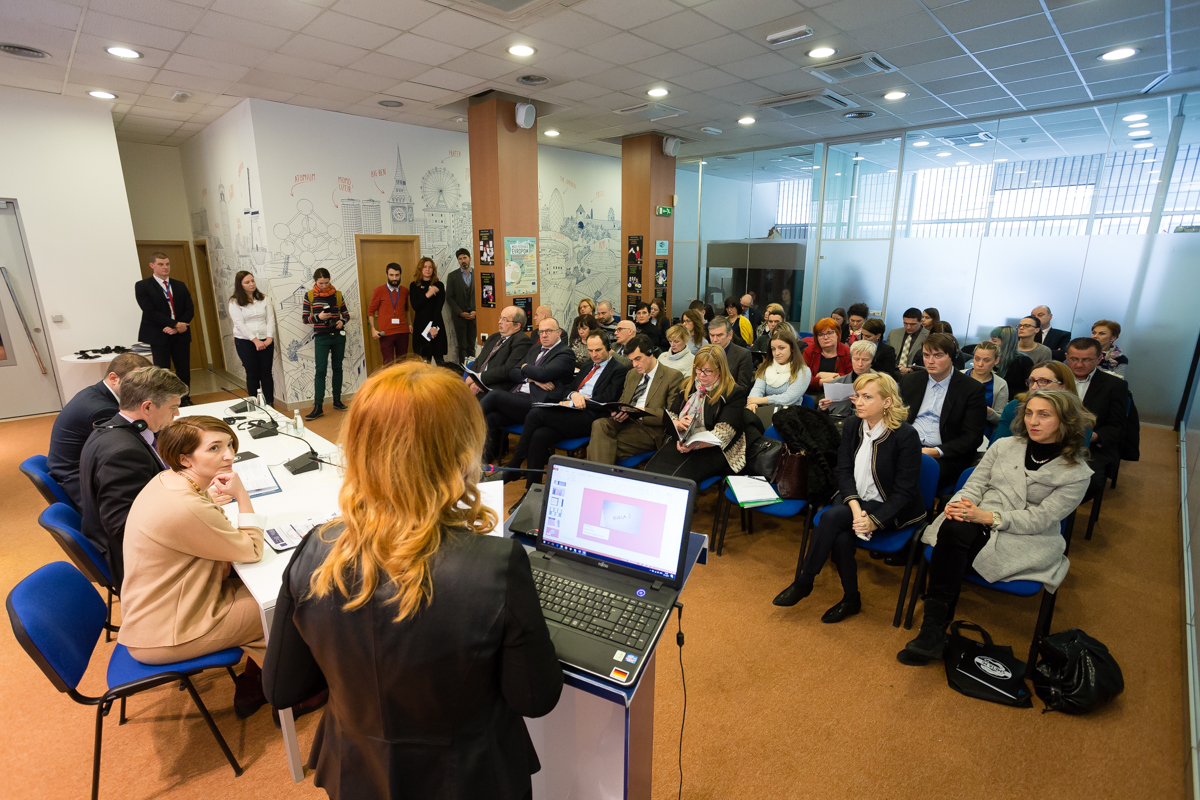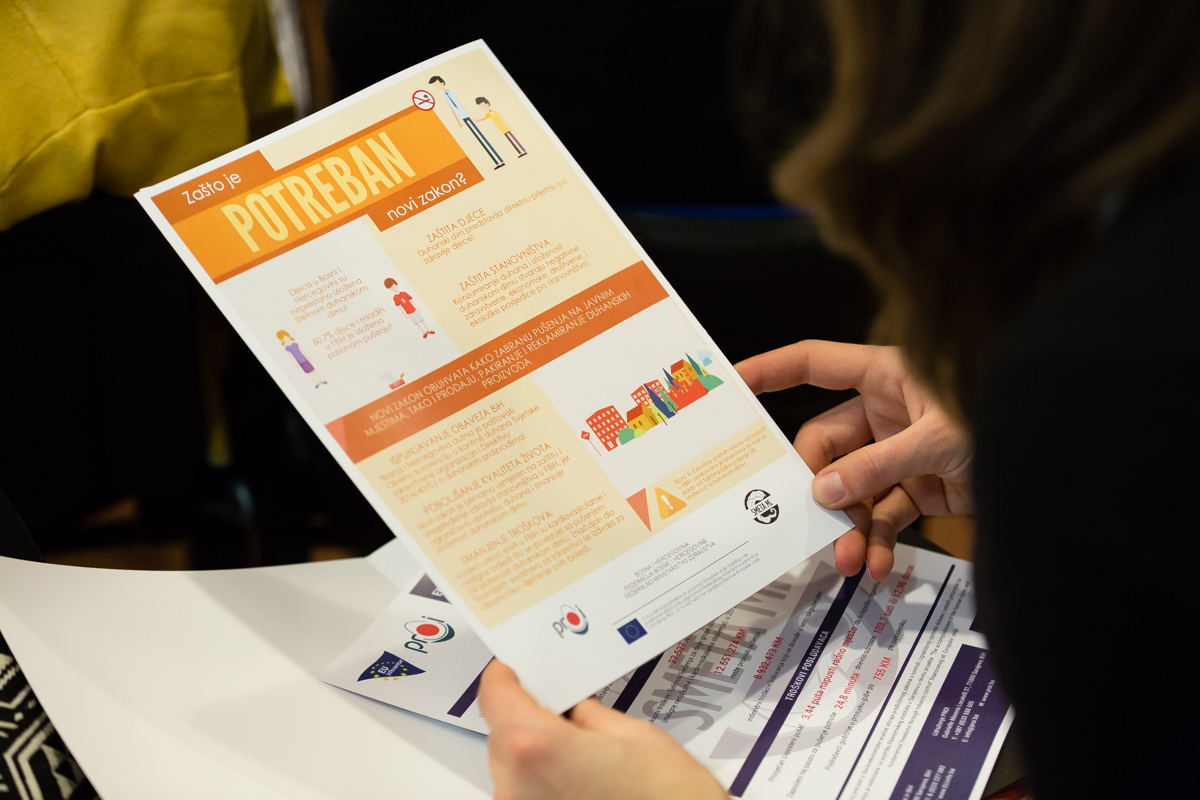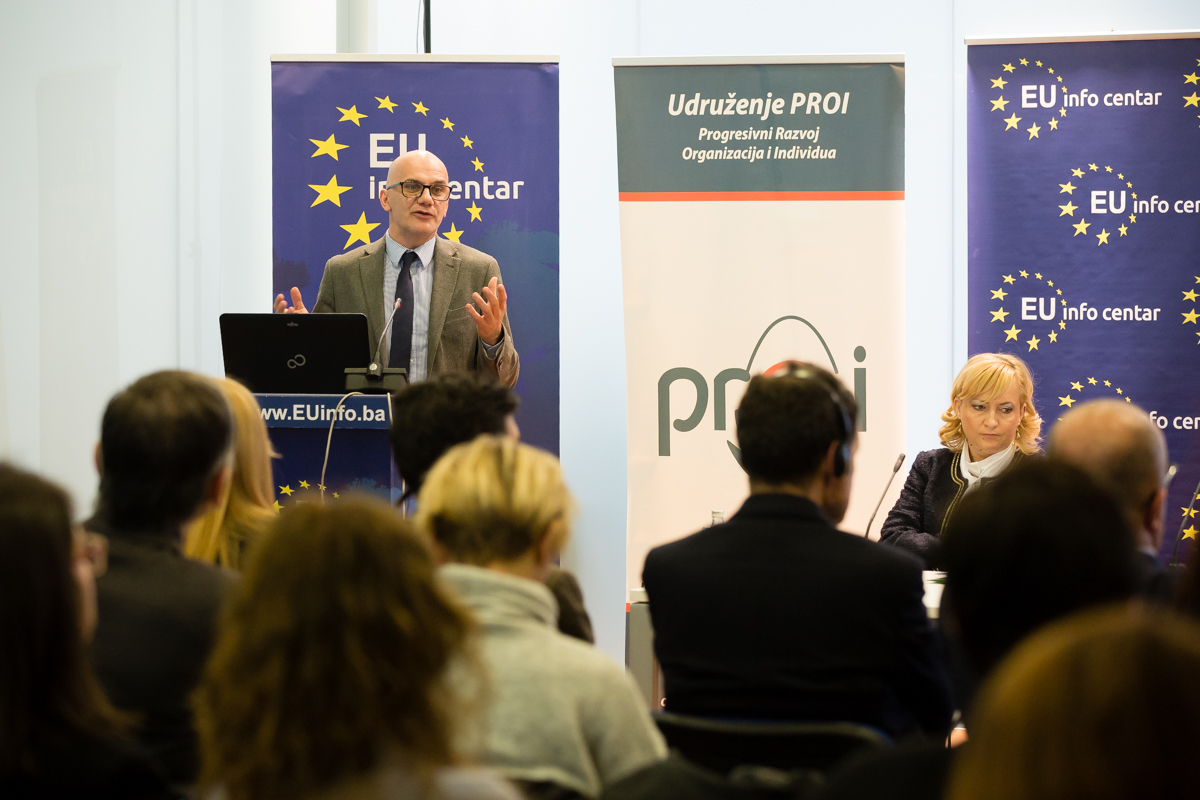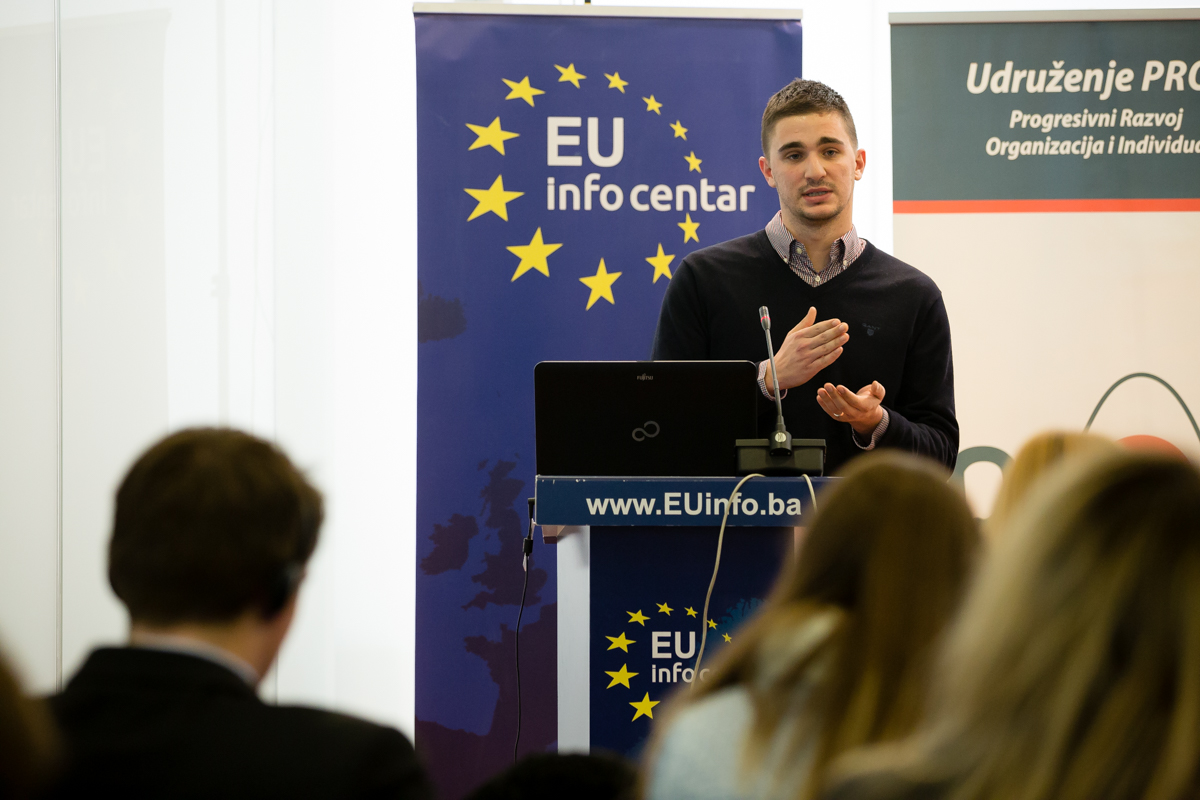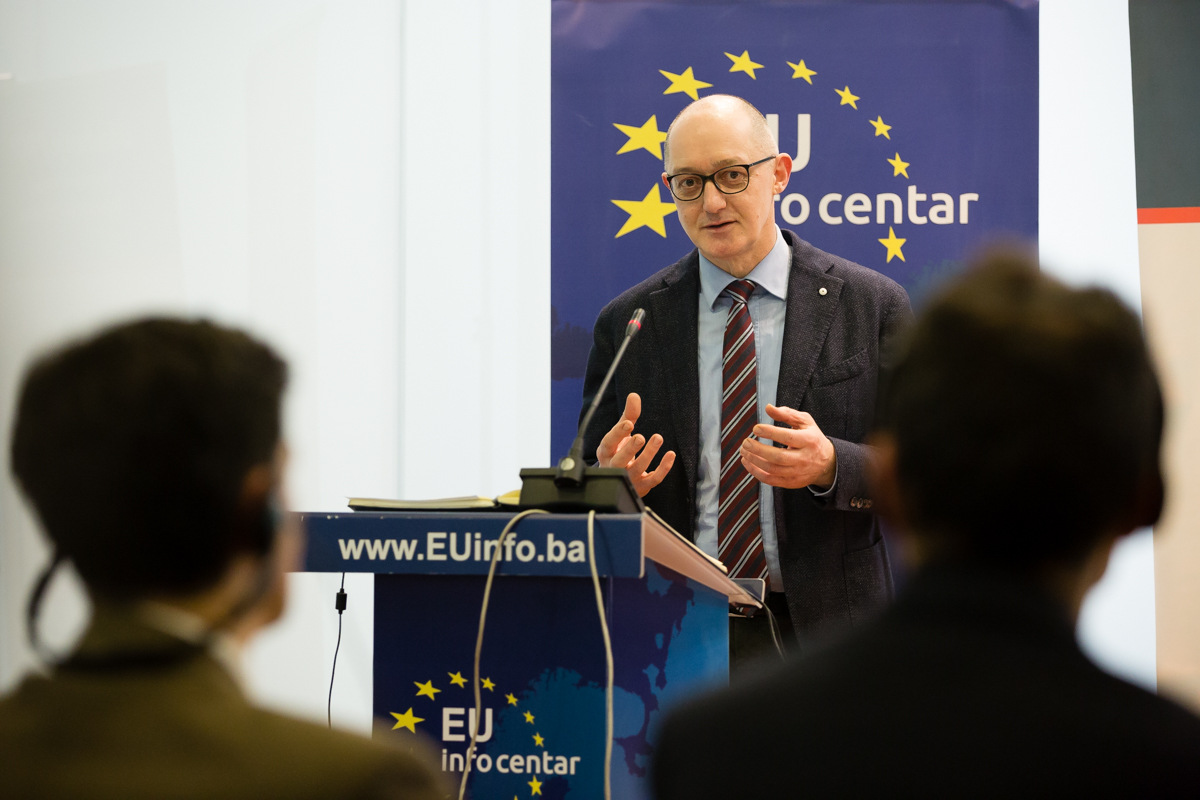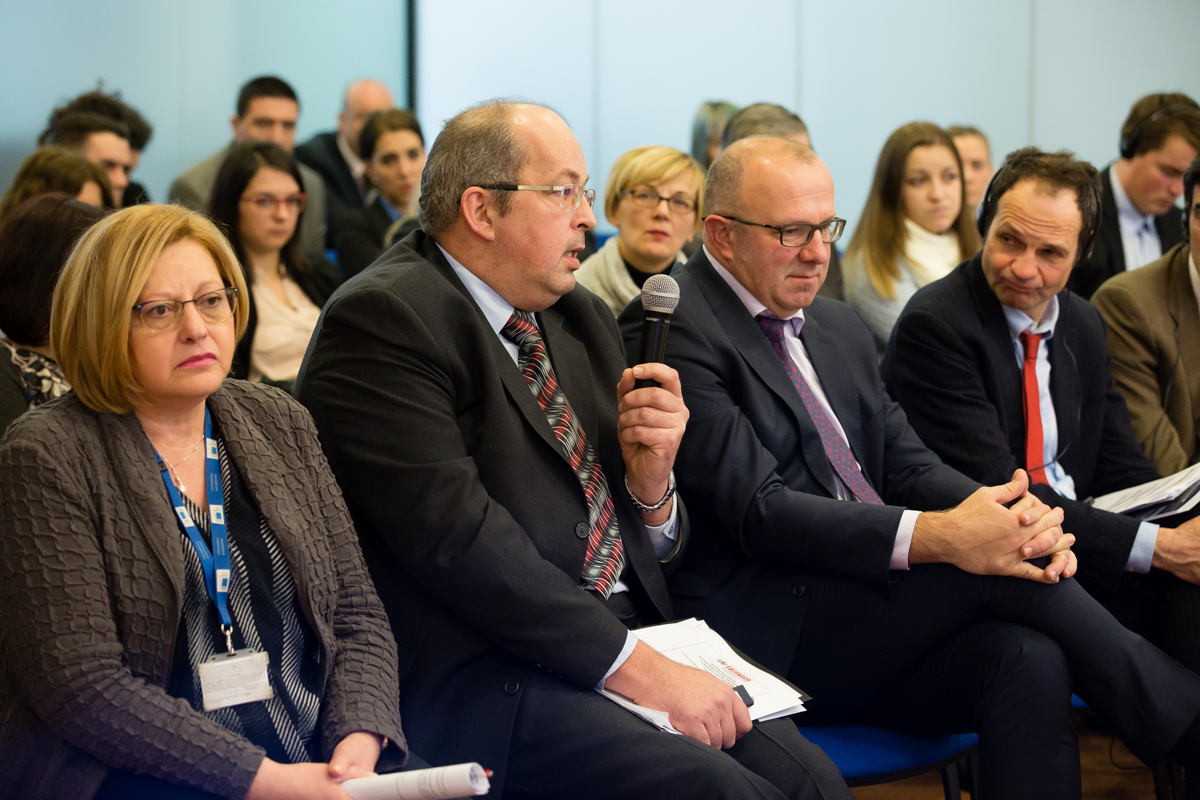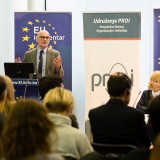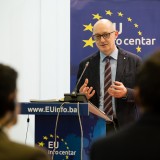“The alarming figure of 700 000 deaths per year in Europe caused by tobacco consumption makes every single attempt to quit smoking matter”, said Ambassador Lars-Gunnar Wigemark, Head of the EU Delegation to BiH and EU Special Representative in BiH during the seminar “Protection from exposure to tobacco smoke in BiH: perspectives and challenges” held on 31st January in Sarajevo.
Ambassador Wigemark has also described smoking in BiH as an endemic problem which needs to be addressed accordingly. ‘’The state duty to protect from tobacco smoke is grounded in fundamental human rights and freedoms. BiH government ratified the WHO Framework Convention on Tobacco Control (FCTC) in 2009 and took an obligation to protect people’s right to health from the threat of tobacco. This obligation requires BiH government to adopt comprehensive tobacco control laws and implement strong tobacco control measures harmonized with FCTC’’, said Ambassador.
The seminar was organised on the occasion of the National Day without Cigarette marked on January 31st by the EU Info Centre in cooperation with the Association “Progressive Reinforcement of Organisations and Individuals (PROI)” from Sarajevo.
Draženka Malićbegović, Assistant Minister at the BiH Ministry of Civil Affairs underlined that BiH is assessed as a country with one of the highest rates of smokers in the world, according to numerous surveys and research.
“As a future member of the EU, BiH is preparing to harmonise its tobacco control regulations with EU legislation. Unfortunately, at the state level there is no policy framework nor the strategy on tobacco control that would allow BiH to apply for EU funds and provide the necessary resources for the WHO Convention implementation”, Malićbegović said.
Uliana Bakh, International expert in public health and Programme Director of the PROI Association emphasised the fact that each year more than 8,000 people in BiH die from the effects of smoking.
‘’In five years, more than 40 000 people in BiH die from these effects. This number is larger than the population of cities such as Visoko or Bugojno. In addition, tobacco products are destroying health of non-smokers too and the country is facing both health and economic consequences’’, Bakh concluded.
The seminar was attended by representatives of media, senior-level representatives from BiH health institutions, civil society organisations, hospitality industry, international organisations and the academic community.
It was an opportunity to learn more and exchange opinions about the tobacco control through three thematic sessions with experts – Smoke-free policies in Bosnia and Herzegovina and worldwide; Economic burden of smoking and indoor air quality in public places; and Role of international organizations and civil society in tobacco control in BiH.
The panel session on the civil society’s role featured the presentation of the “Smeta Mi” campaign which is a part of the EU-funded project ‘’The accomplishment of the human rights and fundamental freedoms through tobacco control’’, aimed at the promotion and protection of human rights and fundamental freedoms in the field of economic, social and cultural rights.
More info on the campaign is available at http://www.smetami.ba and http://smetami.ba/bs/media-centar/cinjenice2

